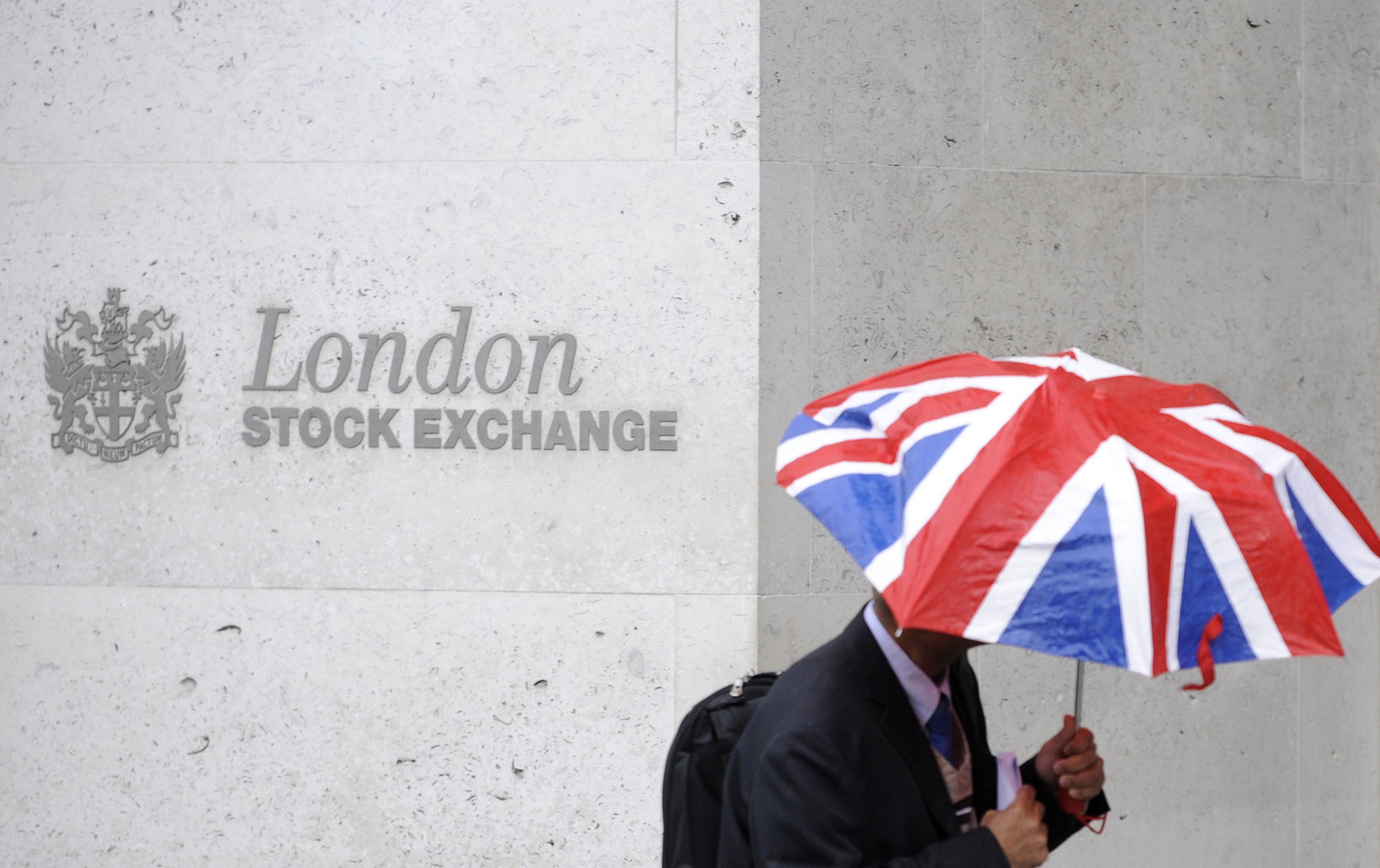
The potential domino effect of a Greek exit from the euro would have significant long-term ramifications for British businesses, despite triggering a flood of money into London and creating cheaper living costs for the average consumer, according to experts.
British chancellor George Osborne warned last week that the standoff between Greece and its EU creditors is a "rising threat to the British economy" and experts agree that this would extend to the average British businessman who is trading within EU member states.
A Greek exit from the single currency, which has resulted in a significant improvement in its economy, could see other struggling EU member states, such as Portugal, Spain and Ireland, consider a similar move out of the Euro as an attempt to recover their economies, in turn weakening the currency against the pound. This scenario would be the "real nightmare" for EU leaders as it could lead to a catastrophic "unravelling" of the entire eurozone, says Steve Davies, education director at the Institute of Economic Affairs (IEA).
This domino effect would result in a flood of money leaving mainland Europe into the "safe haven" of London, driving up the value of the pound and cheapening costs for British buyers, according to Ben Southwood, head of research at the Adam Smith Institute, a UK-based libertarian thinktank.
"If a stronger pound happened because of a weakening of the euro and the money is flooding out of Europe, then that would be good in the short term for consumers but it would be bad for exporters," he says.
Southwood warned in the event of a crash, "Our exports will be more expensive in European money. That means hard times for businesses."
While the British consumer would initially be provided with some respite by a stronger pound and cheaper domestic goods, John Ryan, research associate at the Von Hugel Institute of St Edmund's College at Cambridge University, agrees that the potentially rapid movement of EU money into London would only damage British export businesses in the medium-to-long term, and therefore British workers.
"If there was a flight of capital into UK, that's not good for us because the eurozone crisis is going to have an effect on our economy. Sterling will strengthen which may pose difficulties for UK exporters," he adds. "We have a dense trading relationship with the eurozone, so for them to go through some very serious difficulties is not going to leave us untouched from the fallout."
According to a study published last March by the Centre for Economic and Business Research, British exports to EU member states are worth €285.9bn (£211bn) and help to support 4.2m jobs in the UK. Britain's total export trade with the EU in the first half of 2014 was €102.3bn (£75.5bn) while its import trade with the currency bloc was higher at €147.7bn (£109bn) for the same period.
Following a collapse in talks over a potential renegotiation of the €241.2bn (£178bn) Greek bailout between the eurogroup - which consists of the 19 finance ministers presiding over the euro currency - earlier this week, Athens today submitted a proposal for a six-month extension to its eurozone loan agreement. Germany immediately rejected the Greek offer, saying it was "not a substantial proposal for a solution" despite the European Commission earlier describing it as a "positive" step.
In the event that Greece fails to negotiate a bailout deal with its European creditors, the country is set to run out of money within months, experts estimate. Athens has proposed a restructuring of its bailout programme, which would involve a loan to help sustain its economy for six months, the refinancing of the country's debt and assistance to aid the repayment of €7.05bn (£5.2bn) of bonds.
German finance minister Wolfgang Schaeuble has criticised Greece for living "beyond its means for a long time" while French finance minister Michel Sapin said that the "change of government" and its "new policies" had to be respected to achieve success in the bailout negotiations.
The Greek economy shrank by 24% between 2007-2013, with unemployment currently at around 25% and youth unemployment at 50%. Despite six years in recession, last year the economy grew at a rate of 0.8% until the latest crisis struck the currency union following the election of far-left party Syriza last month.
Uncommon Knowledge
Newsweek is committed to challenging conventional wisdom and finding connections in the search for common ground.
Newsweek is committed to challenging conventional wisdom and finding connections in the search for common ground.
About the writer
Jack is International Security and Terrorism Correspondent for Newsweek.
Email: j.moore@newsweek.com
Encrypted email: jfxm@protonmail.com
Available on Whatsapp, Signal, Wickr, Telegram, Viber.
Twitter: @JFXM
Instagram: Read more
To read how Newsweek uses AI as a newsroom tool, Click here.








